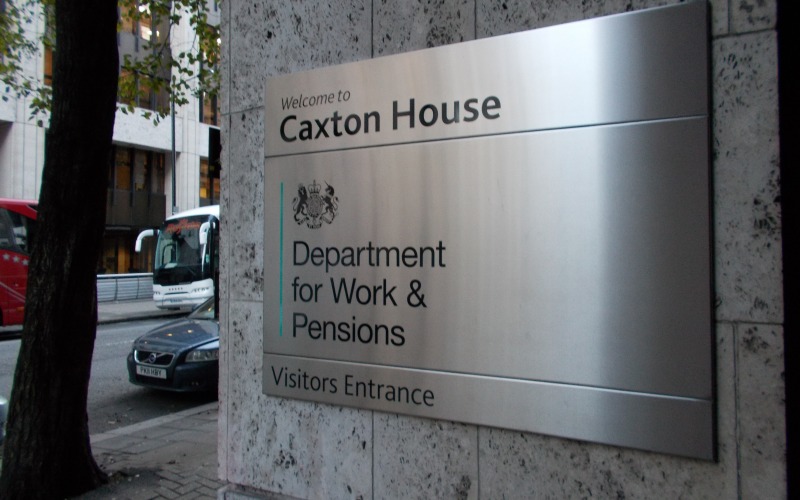The Department for Work and Pensions (DWP) has refused to say what has happened to its cross-government disability strategy, following the release of new material under the Freedom of Information Act (FoIA).
Despite repeated requests for the department to clarify whether it currently has a disability strategy, it has refused to do so.
The refusal to explain whether it still follows its Fulfilling Potential strategy has cast fresh doubt on the government’s commitment to disability rights and equality, and its pledge in 2013 to make the UN Convention on the Rights of Persons with Disabilities (UNCRPD) “a living reality for disabled people in Britain”.
The strategy was also supposed to describe the government’s commitment to “a society where disabled people can realise their aspirations and fulfil their potential”.
But the FoIA response to Disability News Service reveals that in a ministerial briefing prepared in 2016, civil servants accepted that the “Fulfilling Potential brand is not judged positively by some disabled people and their organisations”.
The FoIA response also describes “unminuted discussions” about Fulfilling Potential in the lead-up to last August’s public examination of the UK’s progress in implementing UNCRPD.
Ministers apparently decided as a result of those discussions that the “concluding observations” of the UN’s committee on the rights of persons with disabilities would provide “the basis for future cross-government work to break down the barriers disabled people face”.
Those concluding observations were to include more than 80 recommendations for improvements – the highest number the committee has ever produced for a country undergoing its review process – and the government has said it will respond to the UN report this summer.
Despite those unminuted discussions, DWP this week refused to say whether Fulfilling Potential had now been abandoned.
A DWP spokeswoman said that “no decision has been made” on whether ministers will draw up a new disability strategy based on the concluding observations.
She said: “Disability in the UK is mainstreamed. This means that, whilst we promote disability issues across government, every department is ultimately responsible for considering disability in the development and implementation of policies.”
But when asked if Fulfilling Potential remained the government’s disability strategy in the meantime, she said the department had “nothing further to add”.
The initial stage of Fulfilling Potential was first launched in December 2011, but there have been no updates or progress reports on the strategy on the government’s website since November 2015.
In July 2016, Nicky Morgan, at the time the minister for women and equalities, announced that the government would be reviewing Fulfilling Potential during the summer and autumn of that year.
But the FoIA response says it was later agreed – in another “unminuted discussion” – that the review would be “put on hold” until completion of the consultation on the government’s work, health and disability green paper, Improving Lives, which ended in February 2017.
The DWP spokeswoman refused to say whether any further work had been carried out on the review after the Improving Lives consultation ended.

 Minister finally admits that working-age benefits spending is stable, despite months of ‘spiralling’ claims
Minister finally admits that working-age benefits spending is stable, despite months of ‘spiralling’ claims Timms says cuts must go ahead, despite being reminded of risk that disabled claimants could die
Timms says cuts must go ahead, despite being reminded of risk that disabled claimants could die Timms misleads MPs on DWP transparency and cover-ups, as he gives evidence on PIP review
Timms misleads MPs on DWP transparency and cover-ups, as he gives evidence on PIP review